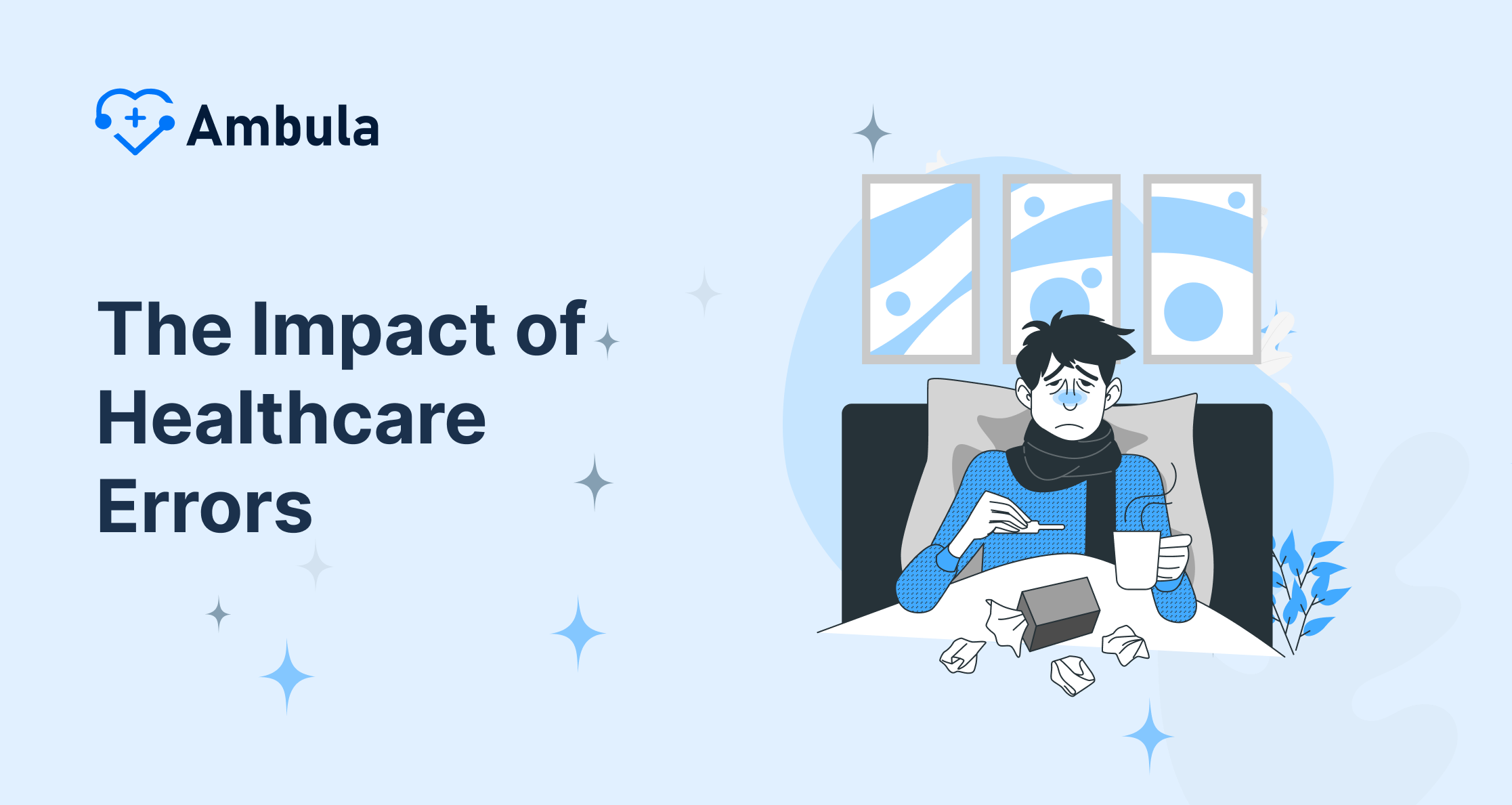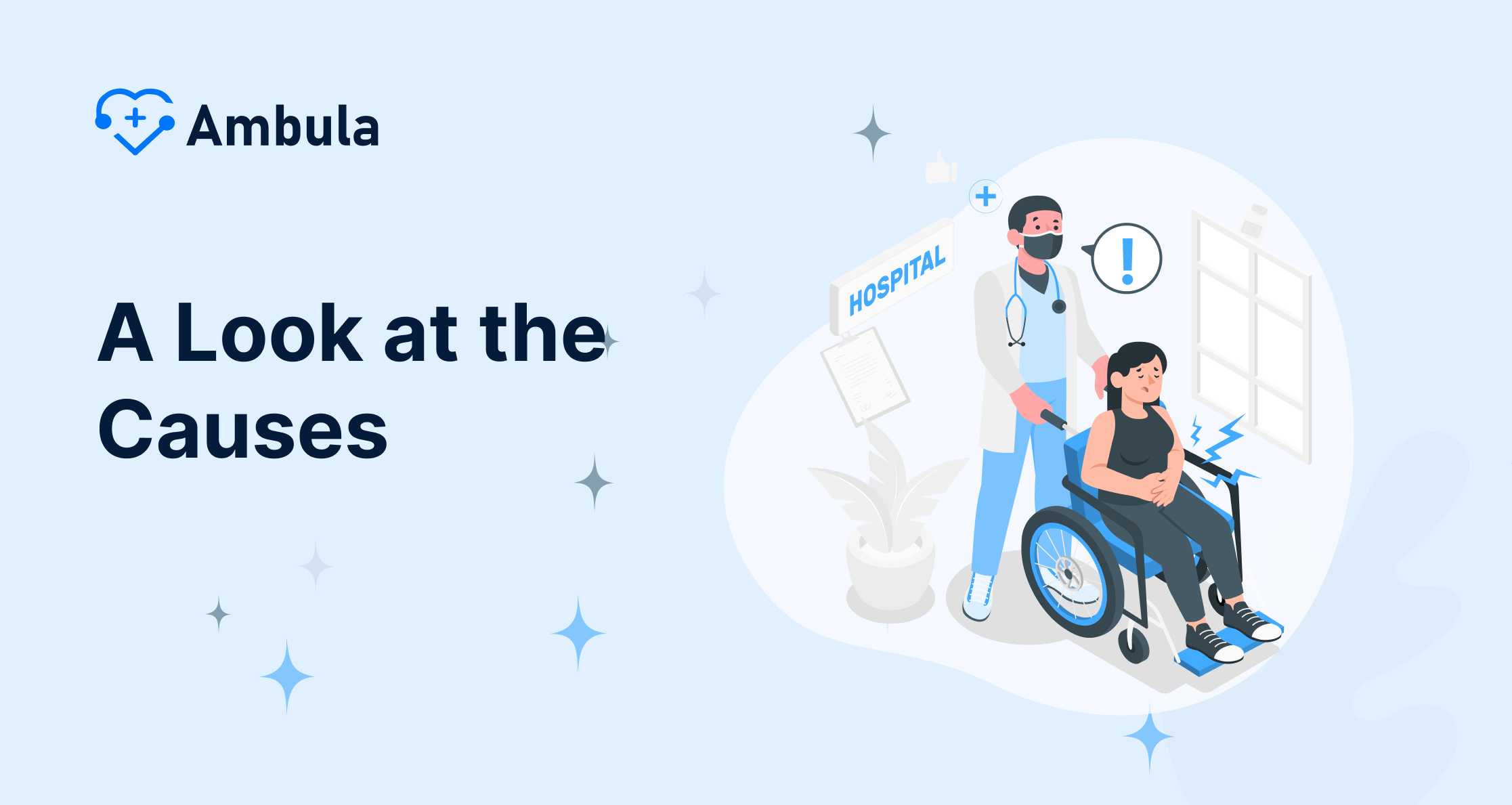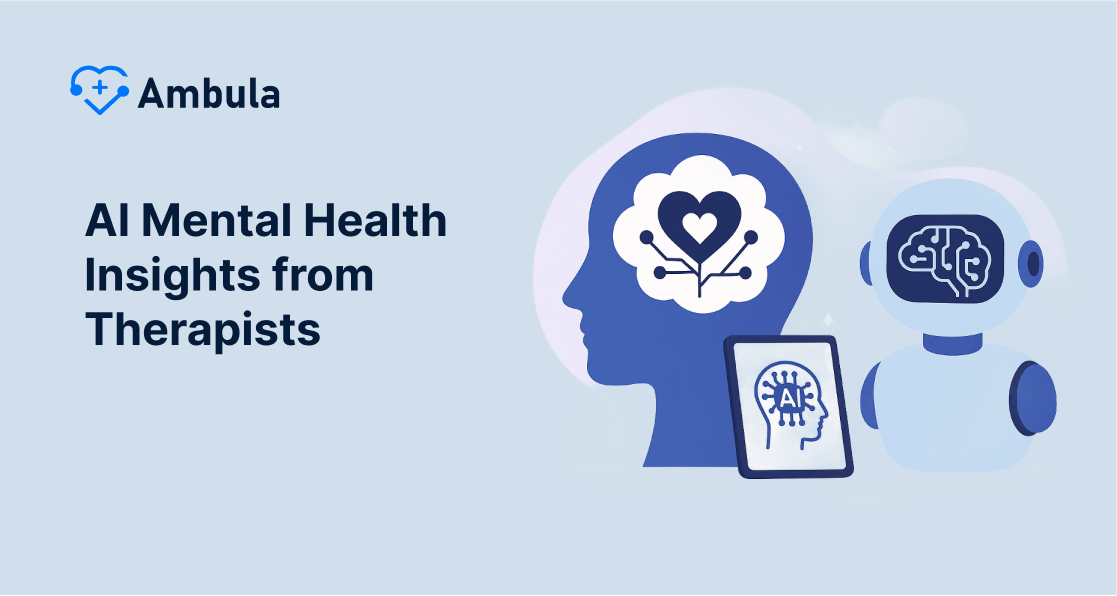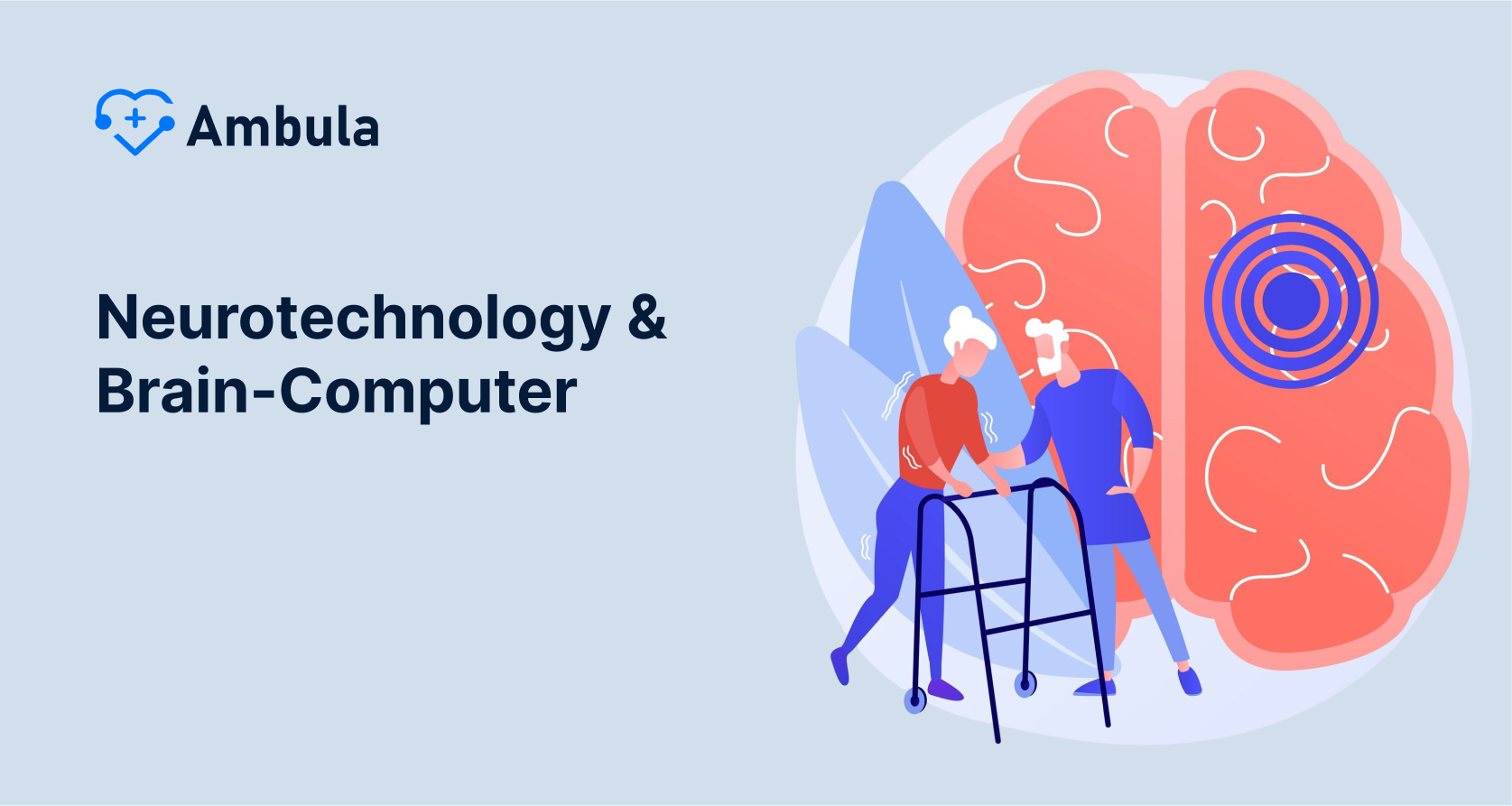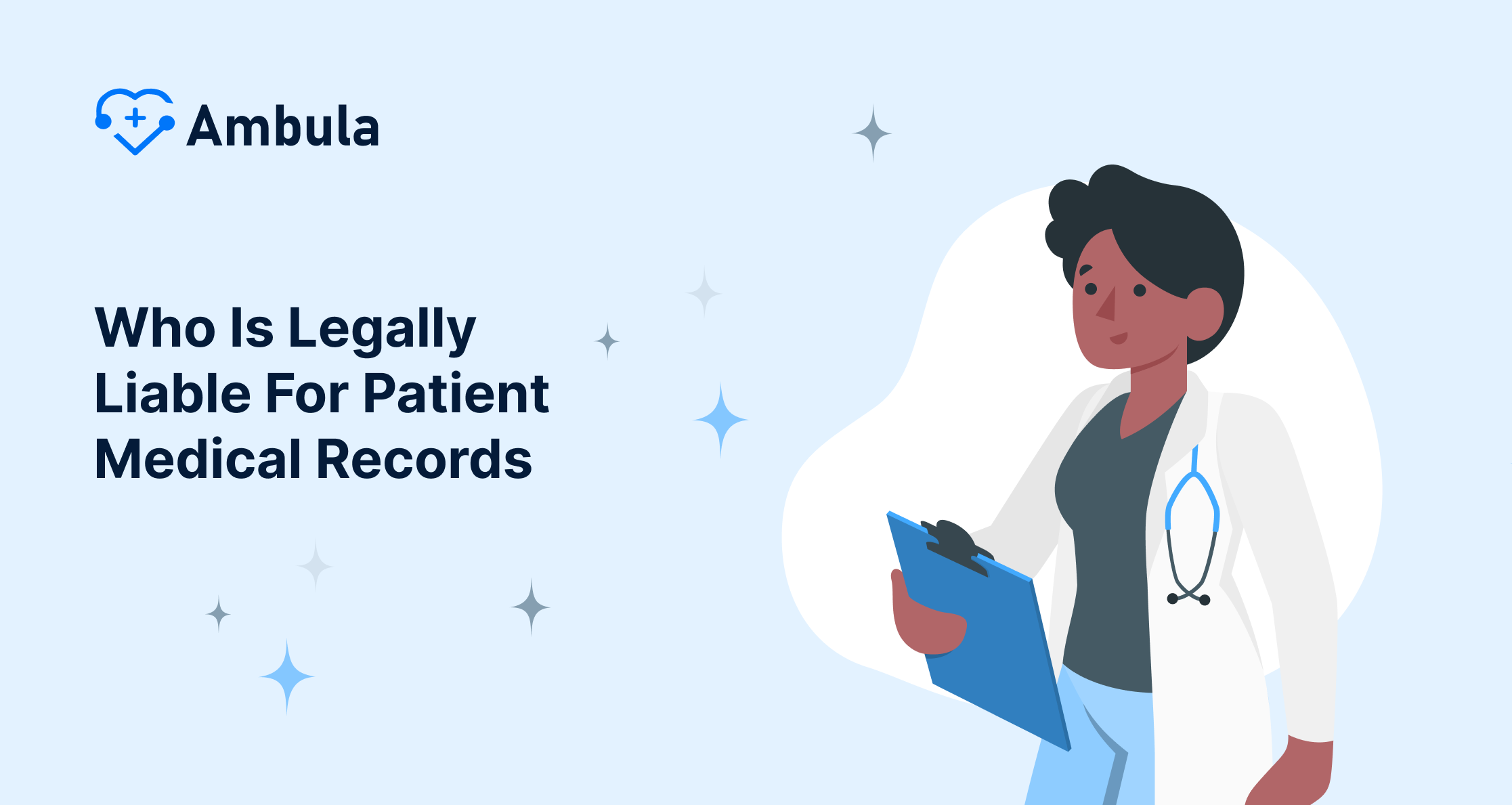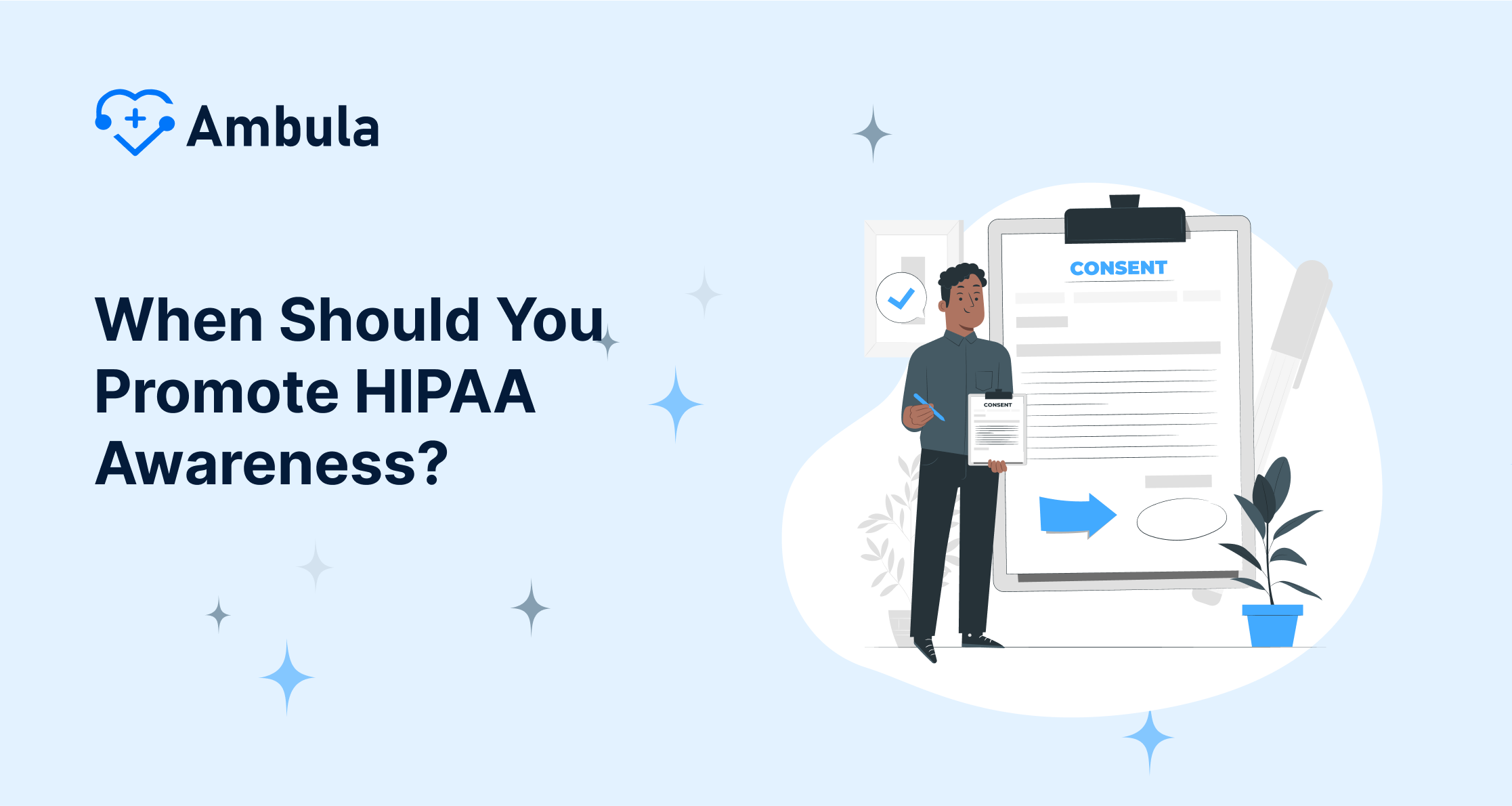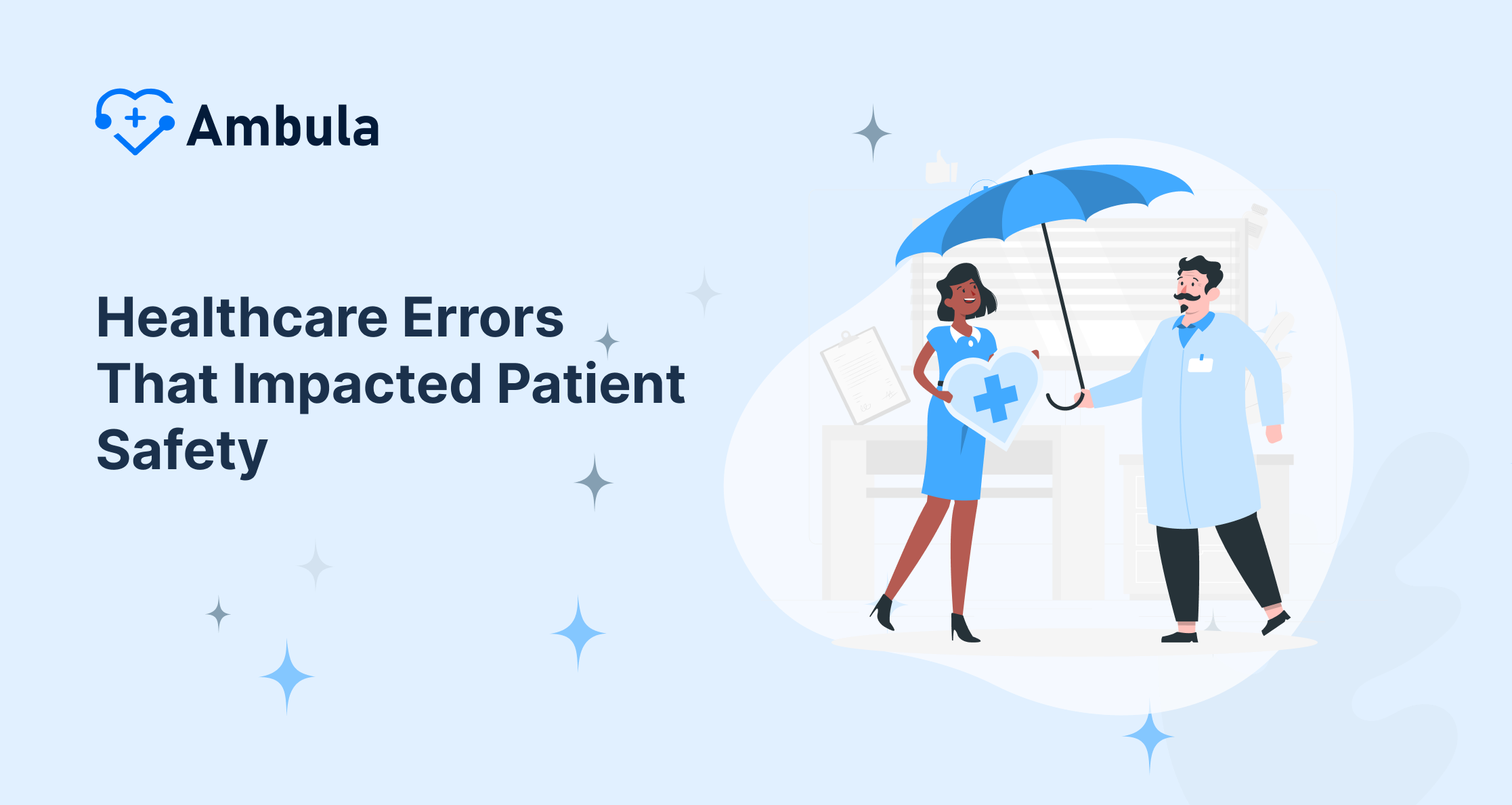
In the best-case scenario, people would glide through their medical treatments regardless of their health problems. But the truth is, it feels like fighting through rough seas, with healthcare snafus creating ripples. Stuff like medication mistakes surgical snags, and diagnostic mix-ups happen. Mishaps in communication can ignite real issues in the healthcare scene. , any slip-up during treatment that lessens a patient’s experience counts, and it alters their perspective on the care they receive, which shapes their overall contentment.
Talking about “medical errors in healthcare” is essential when we put patient safety first. Health service pros need to take lessons from these slip-ups to boost how we work and raise the bar on patient care. So, we’re gonna dive into this super important topic. We’ll check out true tales main reasons behind them, and solid plans to stop these mistakes from happening.
Understanding Healthcare Errors
Let’s dive a little deeper. What are healthcare errors? Populates the mind with a scary image, doesn’t it? Well, we’re here to make it less intimidating. Healthcare errors come in different sizes and shapes – from surgical errors to medication errors and muddles, incorrect diagnoses to errors born from poor communication in healthcare. Each of these bloopers has the potential to derail a patient’s healthcare journey, negatively impacting patient experience and testing the limit of how to deal with difficult patients.
Different stuff causes these slip-ups, like patients not getting the lowdown they need, playing fast and loose with drugs leading to adverse drug events, or healthcare workers buried under too much work and trying to keep too many balls in the air. Lack of communication in healthcare and ineffective communication in healthcare also play a role. You gotta realize that any flub-ups—whether they’re snap judgments gone wrong, iffy rules, or wires getting crossed—have a direct effect on how well a patient does and what they go through, ultimately impacting patient outcomes.
Mistakes in hospitals and doctor offices happen more often than most people think. Anything that goes wrong and hurts someone getting care counts as one of these blunders. Even though our medical setup is pretty high-tech, it’s not perfect because people who sometimes slip up are in charge. Miscommunication in healthcare and communication problems in healthcare contribute to these errors. Just like folks say, everybody makes mistakes.
The Impact of Healthcare Errors
Here’s where it starts getting grim. Healthcare errors can cause alarming repercussions. They can potentially cause physical harm, psychologically impact patients, and, in severe cases, can be fatal. The effects of poor communication in healthcare can be devastating.
Imagine this – you visit a doctor, trusting they’ll be able to resolve your health issue. But due to healthcare errors, your condition worsens. Your empathy with the healthcare provider quickly dissipates, and you might feel reluctant to seek professional medical help. A simple error could cause anxiety and distress and deeply affect the patient experience.
Now, let’s talk about the elephant in the room – healthcare errors can significantly mar the relationship between employees and patients. A patient’s trust and comfort with healthcare providers are often born from the confidence that they are in safe, competent hands. However, healthcare errors disrupt this belief, leading to mistrust, which can be challenging to rebuild. Poor communication in nursing and other healthcare roles can exacerbate these issues.
Notable Cases of Healthcare Errors
You remember that famous case of kidney extraction, right? A Florida surgeon mistook a healthy kidney for a tumor and removed it. Instances like these highlight the extremity of medical errors, illustrating in stark reality the detrimental impact of medical blunders on a patient’s life.
Or consider the case where a hospital patient was given a much higher dose of a particular medication, leading to severe complications and adverse effects. Why? Because someone misread the prescription – an example of communication errors in healthcare. These might sound like plots to medical dramas, but they’re representative samples of real, everyday medical tragedies.
Healthcare is a journey fraught with Cro-Magnon-sized challenges, with patient health and well-being at the heart of it all. However, instances like these add another layer of complication to the existing patient engagement challenges. Communication and medication errors make the situation even more dire.
The Ripple Effect of Healthcare Errors
Healthcare errors are Spiderman’s web of chaos; they affect not just the patient but the entire landscape of the healthcare infrastructure. From damaging institutional reputation to legal burdens, ramifying financial costs and healthcare costs, and not to forget – the emotional toll it takes on the healthcare providers. Healthcare errors can often lead to a tense relationship between employees and patients.
Consider the burdensome brunt healthcare errors place on healthcare providers – both professionally and emotionally. No one enters the healthcare field to cause harm. Imagine being a healthcare provider involved in a significant error. It’s a tough cross to bear, pressurizing the delicate relationship healthcare employees share with their patients.
And don’t overlook the impact on patient engagement. When trust diminishes, patients may be less inclined to actively participate in their healthcare, adding to patient engagement challenges. How does poor communication affect patient care? It creates a vicious cycle of disengagement and potential for more errors.
A Look at the Causes
Why do mistakes in healthcare happen a lot? No single reason nails it, but some stuff surfaces more than others—things like not enough people working, weak training, lousy talk between folks, and glitches with gadgets. Communication barriers in healthcare are a major factor. Plus, yeah, sometimes folks just mess up.
Loads of factors can spark errors in healthcare – stuff that affects the whole system and things that come down to the person. For example, it’s tough when people working in healthcare and their patients don’t get along well. Super high workloads, burning out, and sketchy communication can stop healthcare workers from connecting with the people they’re helping, and that’s when slip-ups happen. What causes poor communication in healthcare? Often, it’s a combination of systemic issues and individual factors.
You might be thinking, “Why do slip-ups by folks stir up such big problems?” Well, they’re just a piece of the puzzle, often hinting at bigger mess-ups in the system. Everything from computer bugs to patients not knowing enough about their health and lacking health literacy can be where errors come from. Communication issues in healthcare are a common thread.
Tech’s Part in it
Healthcare has seen a shift due to tech chopping down on some slip-ups. However, if folks handle or use tech the wrong way, it can whip up fresh kinds of blunders. Medical errors due to lack of communication can still happen even with advanced technology.
Keep in mind, tech has reshaped healthcare, but it’s complex stuff. When folks use it right, it can step up how we teach patients, improving caregiver education. Yet, it might also spark miscommunication and blunders if not used properly.
If you use tech properly, mix in solid teaching for patients and clear chats, it can make care better and patients might dig their experience more. But if you flub it, tech might lead to whoopsies, make patients feel distant, and pile on the stress when things get tough. Collaboration platforms can help bridge some of these gaps, but they’re not a silver bullet.
Measures to Prevent Errors
Asking whether we can dodge these whoopsies? Heck yeah, we can. With better guidelines to follow, stepping up how we talk to each other, making sure the team gets regular coaching, and teaching patients like pros, we can cut down on mistakes. Medication reconciliation is one key strategy to reduce medication errors.
Fostering good bonds between folks working at the hospital and those they treat helps dodge mistakes. Being friendly and chatting matters a lot for getting folks involved in their own health and stops mix-ups which might make things go wrong. Interprofessional communication and clinical communication are crucial.
Learning the ropes is super important to keep blunders at bay too. That means learning how to deal with tough cases, get the hang of tech stuff, and get better at talking to people – getting sharper in every part of looking after someone. The teach-back method can be helpful for ensuring patient understanding.
Government and Regulatory Bodies
The importance of governmental and regulatory bodies can’t be overstated. They set the game’s rules – the standard that maintains consistency in patient care. When they enforce penalties for mistakes, it becomes a deterrent for healthcare errors.
Through checks and enforcement, regulatory bodies have succeeded in creating an environment where healthcare issues, when they occur, are taken seriously, resulting in definitive action. This vigilance from above significantly contributes to minimizing the occurrences that otherwise complicate matters and could lead to a distressed relationship between employees and patients.
They guide the tangible steps towards prevention – setting the scope of patient education, fostering better and more efficient communication, laying down the protocols for dealing with difficult patients and building better relationships. Keeping the ecosystem in check, these bodies play a major role when discussing patient engagement challenges. They also enforce standards like HIPAA compliance and informed consent.
Wrapping It Up
To wrap up our discussion on healthcare mistakes, we must remain vigilant about patient safety. Everyone plays a role in preventing healthcare errors – not just professionals, but also patients who need to have the right information.
To reduce medication errors, we need robust checklists to review prescriptions and dispense medications. Barcode scanning and electronic prescribing tools are part of the solution.
We can minimize healthcare documentation errors with standardized forms and regular audits. Accurate records are crucial to ensure continuity of care and prevent mistakes.
When we talk about mistakes from lack of knowledge in healthcare, it’s because there’s a gap in understanding or keeping up with new research. Giving people information through ongoing education and quick access to the latest clinical guidelines is essential.

